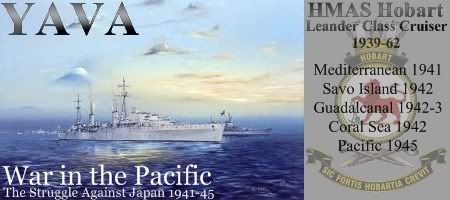rtrapasso
Posts: 22653
Joined: 9/3/2002
Status: offline

|
Year 1274:
The Diet of Regensburg strips Bohemia's Ottakar II (the Great) of his rights to Austria, Styria, and Carinthia (see 1271). Ottakar has expanded his territories to reach from Silesia to the Adriatic, but he has incurred the enmity of the new German king Rudolf of Hapsburg (see 1276).
Enrique I of Navarre (Enrique el Gordo) (count Henri III of Champagne) dies at Pamplona July 22 at age 64 (approximate), having reigned only since December 1270.
England's Edward I lands at Dover August 2 together with his wife, Eleanor of Castile. His mother, Eleanor of Provence, retires to a convent, and Edward is crowned at Westminster August 18. Edward takes over the Kentish castle of Leeds begun by a Saxon chief and rebuilt by the Norman baron Robert de Crèvecoeur in 1119. Edward will make many improvements.
China's Kublai Khan sends an invasion fleet to conquer Japan, whose emperor has refused dispatches calling on him to submit. Some 300 large vessels plus 400 to 500 smaller vessels manned by 8,000 Korean and 20,000 Mongol troops begin landing at Hakata Bay in Kyushu October 19. Equipped with iron cannon and cannonballs, the invaders use poisoned arrows, violating traditional Japanese protocol, but a typhoon strikes November 20, sinking more than 200 Mongol ships along with 13,000 men sleeping aboard; the survivors retreat to the mainland in terror (see 1281).
The erudite Persian philosopher-scientist-mathematician Nasir ad-Din al-Tusi dies outside Baghdad June 26 at age 73, having improved on earlier Arabic translations of Euclid, Ptolemy, and Autolycus.
Sir Thomas Aquinas dies March 7 at age 48, having stopped at Fossanouova en route to defend the papal cause at the 14th ecumenical council at Lyons, where Pope Gregory X issues his constitution (Ubi Periculum) designed to avoid further vacancies between pontificates. Sir Thomas in his final days has developed the "seven deadly sins" listed by Pope Gregory the Great in 604, and news of his death comes as a shock to his former mentor Albertus Magnus, now 67. The council regulates for the first time the conclave (assembly of cardinals) that elects popes. The council decrees a reunion of sorts between the Greek and Roman churches and initiates a new crusade, but the Adrianople-born monk Athanasius, 44, leads the Greek Orthodox opposition to any reunion.
Sweden's Valdemar Birgersson makes a pilgrimage to Rome in quest of forgiveness from Pope Gregory X for having had extramarital relations with his wife's sister, a postulant nun who has borne his child. Gregory requires Valdemar to acknowledge papal overlordship and accept responsibility for remitting taxes to Rome (see politics, 1275).
Marco Polo visits Yunnan and sees the "Tartars" eating raw beef, mutton, buffalo, poultry, and other flesh chopped and seasoned with garlic (which Buddhists avoid, along with onions and meat). Now 30, Polo will enter the service of Kublai Khan next year and continue until 1292 (see 1280).
Soon after his return from the Crusades this year, Edward I of England establishes a garden at the Palace of Westminster, including fruit trees, willows, lilies, and peonies. The influence of Islamic gardens is felt not only from Edward's experiences in the Holy Land, but also from the influence of Moorish traditions on his first queen, Eleanor of Castile (in Spain). See also 1543 Biology.
|
 Printable Version
Printable Version































 New Messages
New Messages No New Messages
No New Messages Hot Topic w/ New Messages
Hot Topic w/ New Messages Hot Topic w/o New Messages
Hot Topic w/o New Messages Locked w/ New Messages
Locked w/ New Messages Locked w/o New Messages
Locked w/o New Messages Post New Thread
Post New Thread